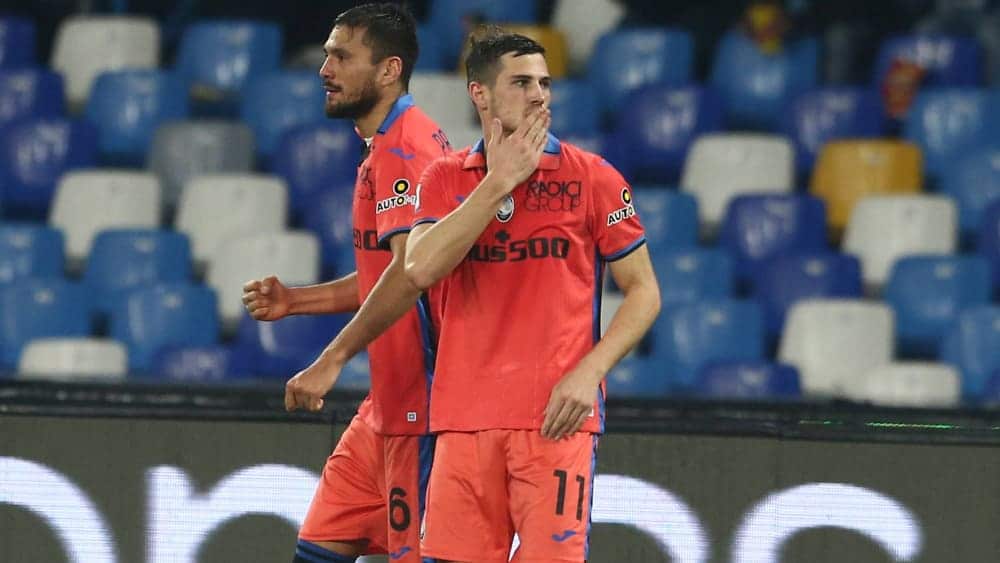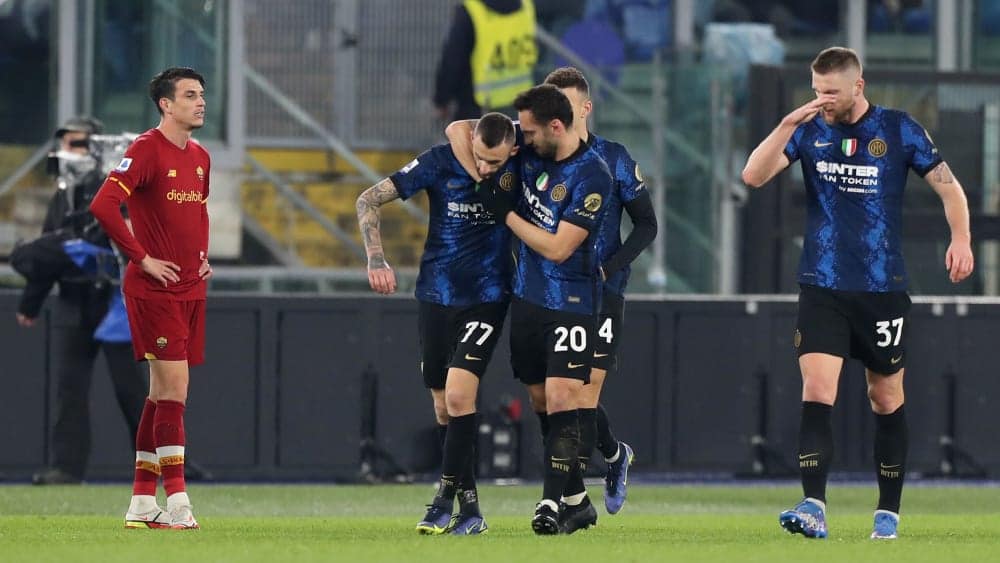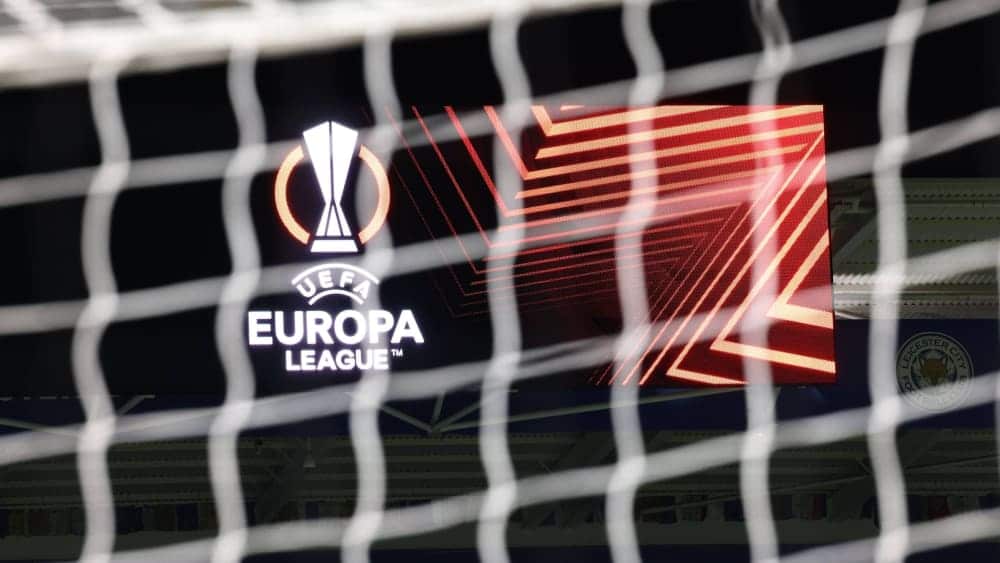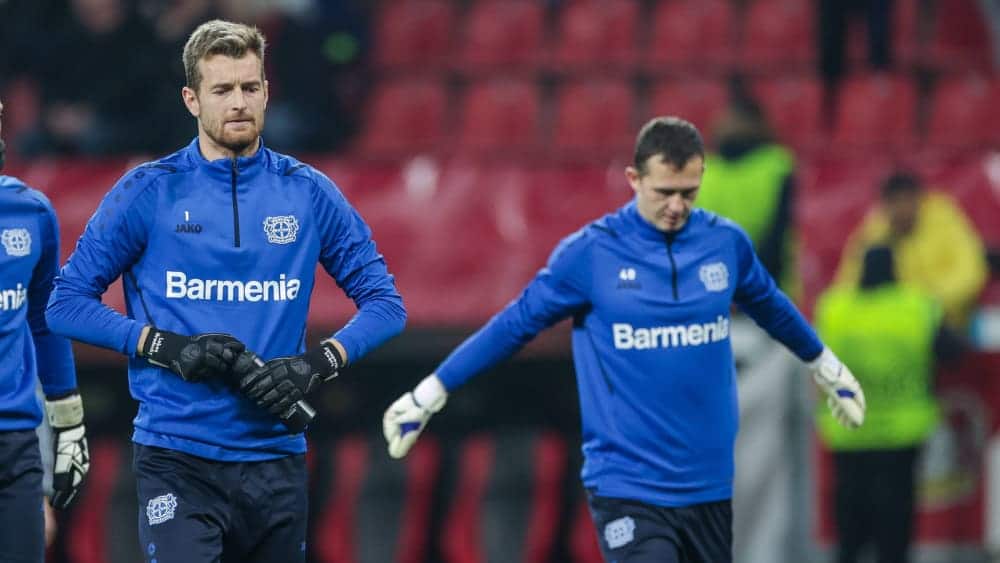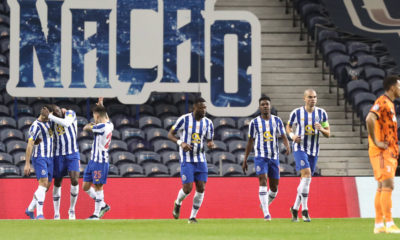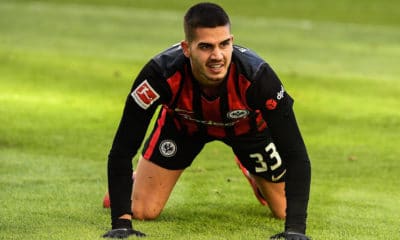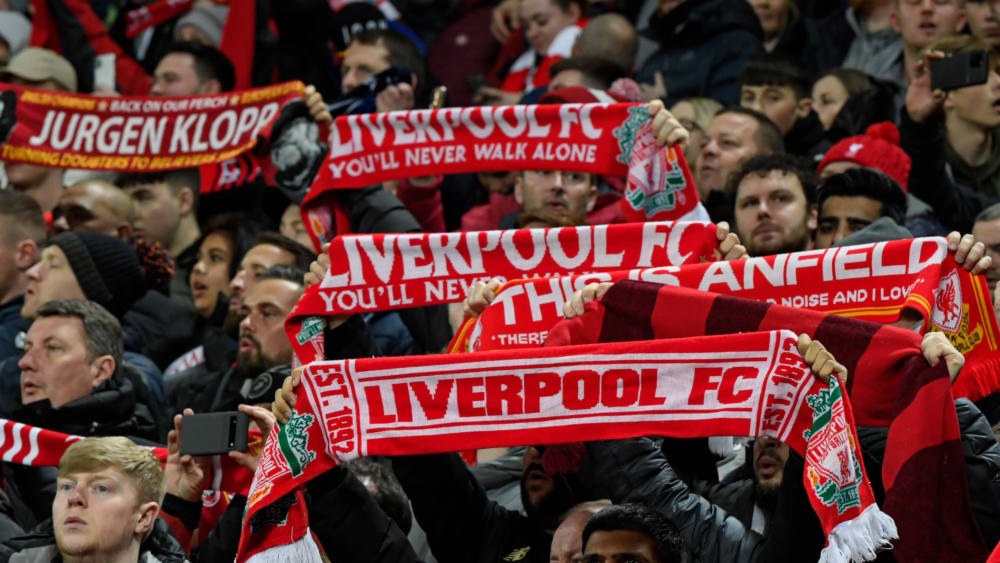King squad under scrutiny
A season without a title is rarely without consequences at Real Madrid. Because the new plan isn’t working, the old methodology could prove its worth.
David Alaba should be prepared to despair, a passer-by probably wanted to warn the Austrian when he offered the still-Munich player a few days ago in front of Bayern’s team hotel that he would rather work with him on the construction site than play with Vinicius at Real Madrid.
A short clip quickly spread on the internet as a laugh in between. But even behind this joke there had to be a bit of seriousness somewhere. A very real seriousness that was almost eclipsed, so narrowly had the royals missed their second championship in a row in the end.
But they missed it and are now completely without a title. And they are already facing another upheaval, which this time will perhaps have to be approached a little more traditionally.
A wide variety of questions have been haunting the Spanish capital these weeks. “Is Zidane finally leaving?”, “Is Ramos still going to extend his contract?” or “Aren’t players X and Y already too old?”.
The much-cited upheaval has actually been going on for a long time, in principle since 2019, when successful coach Zinedine Zidane made a somewhat surprising return to the Blancos’ bench. And more has already happened – despite the pandemic and bad luck with injuries – than one might think at first glance. But instead of the “when?”, it is rather the “how?” that raises doubts about the upheaval of a team that has been playing in this formation for what feels like 15 years.
Rejuvenate the team? There you go. But while Marcelo, a once indestructible performer, has rightly lost his regular place, a fit Sergio Ramos, Luka Modric, Toni Kroos or Karim Benzema were still clearly better than what was to follow them.
Real Madrid had to realise that a Fede Valverde who showed promise in 2020 was not always consistent, a Luka Jovic who was eventually loaned out simply did not want to score and Rodrygo or Vinicius only justified being of Real Madrid’s calibre in a few moments. The upheaval had to be curbed.
While established players like Isco and Marco Asensio also developed in the wrong direction or the loan players Dani Ceballos, Takefusa Kubo, Reinier and even Martin Ödegaard also looked as if they had no place in a team that wants to win every title. Meanwhile, Achraf Hakimi and Marcos Llorente, who in retrospect were the best potential game changers, were released, having celebrated the respective championships with Inter and Atletico.
Does Real need someone like Tuchel?
Next question. How will the possible departure of captain and identification figure Ramos, whose body is beginning to fail him, be absorbed? By the possible signing of Alaba, at least in sporting terms. By developing Eder Militao into the defensive chief of the future. Defensively, even if a replacement for Casemiro wouldn’t hurt, Real Madrid haven’t lost the championship.
What remains is the eternal doubt about Zidane’s tactical plan, whether he has one at all. The calls for a replacement for the legendary player are getting louder and louder, Zidane is not a coach of change.
Yes, the Frenchman’s active work will probably never be seen as clearly as that of Pep Guardiola or Thomas Tuchel, who made it to this year’s Champions League final in this way. But when he was able to win the handle trophy three times in a row not so long ago, there had been another parallel to Manchester City or Chelsea FC of the present day: Qualitative squad depth.
Even at their peak, the dominance of the royals, for whom this is in a sense a tradition, did not stem from a superior tactical idea – but from a superior individual quality of numerous star players. Real Madrid hardly has any of that on the offensive any more. Zidane can’t help that either. Vinicius himself becomes a construction site.
But maybe Zidane himself doesn’t want to play any more, so it’s probably up to someone else to try. But the question of the coach might not be the one that President Florentino Perez and Co. have to ask themselves. It could possibly sound like this: “Has our squad policy of the past few years failed?”
Who will be the next “Galactico”?
Attackers at Real Madrid have no promise to the future, but to be an insurance policy for the present. So the truth lies somewhere between 18-year-old Brazilians who have only played three league games and an Eden Hazard whose transfer has dragged on for so many years that he has finally lost fitness, ambition or both already.
A look at the club’s history reveals that there is unlikely to be a tactical revolutionary in Madrid in the near future to re-explain football to the record winners of the Spanish league and the Champions League. That no miracles are expected in the defence. That quality is still a greater asset than youthfulness – and is urgently needed again in the offensive.
This part of the squad could be in danger of being completely turned around. Perhaps it should, as far as finances allow.
In addition to a few questions, a few names are already floating around Concha Espina. Kylian Mbappé, Erling Haaland, possibly Harry Kane. At least one of them. So-called “Galacticos” have already rendered many an answer obsolete in Madrid, at least in the short term.

